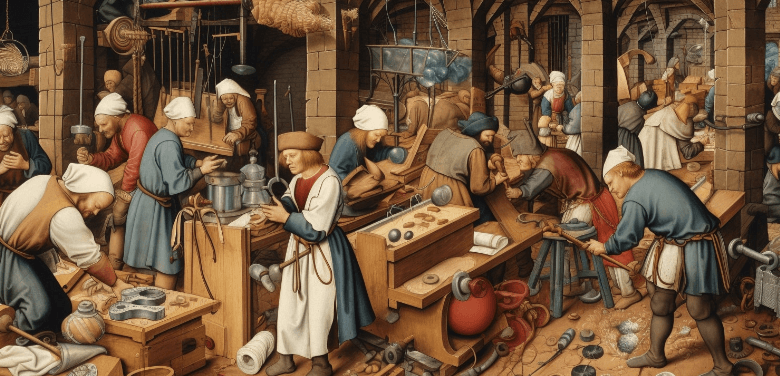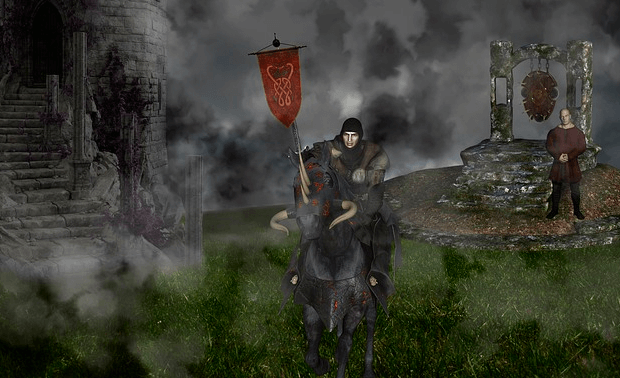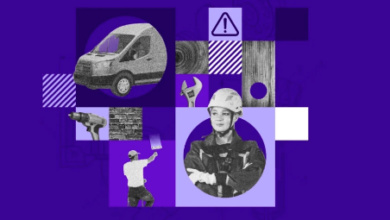A Medieval Lord Also Performed the Duties of a Modern

The responsibilities of A Medieval Lord Also Performed the Duties of a Modern reveal striking parallels to the functions of contemporary leadership. Tasked with governance, justice, and economic oversight, these lords navigated complex social hierarchies and enforced laws to maintain order within their domains. They also played crucial roles in resource management and diplomatic relations, fostering community stability much like today’s leaders. This multifaceted role prompts an intriguing examination of how historical practices inform modern governance structures. What deeper insights might emerge when we explore these connections further?
Governance and Leadership Roles
Medieval lords, typically numbering in the hundreds across various regions, held significant governance and leadership roles that were crucial to the functioning of feudal society.
They were pivotal within the feudal hierarchy, overseeing land distribution among vassals, ensuring allegiance, and maintaining order.
Their authority facilitated economic stability and social structure, as they balanced the interests of their tenants with the demands of their sovereign.
Justice and Law Enforcement
In the feudal system, lords often served as the primary enforcers of justice, wielding considerable power over legal matters within their domains.
Their legal authority encompassed the administration of feudal justice, where they adjudicated disputes and imposed penalties.
This centralized power not only maintained order but also reflected the lords’ pivotal role in balancing authority and the desires of their vassals for fairness and autonomy.
Read Also Cute:2kmwly3qc1c= Trio Halloween Costumes

Economic Management and Agriculture
The responsibilities of lords extended beyond the realm of justice and law enforcement to encompass the management of economic resources and agricultural production within their territories.
Effective land management involved strategic resource allocation and labor organization, ensuring optimal crop rotation to enhance yields.
Additionally, lords oversaw trade practices, fostering economic growth while maintaining fiscal responsibility to support their estates and sustain their communities.
Diplomacy and Community Relations
Effective diplomacy and community relations were pivotal aspects of a lord’s responsibilities, shaping the socio-political landscape of their domains.
Through cultural diplomacy, lords fostered alliances and mitigated conflicts, while community engagement ensured the loyalty and well-being of their subjects.
This dual approach enabled lords to navigate complex dynamics, facilitating peace and stability, thereby enhancing their authority and the prosperity of their territories.
Conclusion
A Medieval Lord Also Performed the Duties of a Modern, the multifaceted functions of a medieval lord mirror those of contemporary leaders, encompassing governance, justice, economic management, and diplomacy. This dynamic dichotomy highlights the enduring essence of leadership, where the responsibilities of maintaining order, administering fairness, and fostering fruitful relationships remain paramount. Such parallels underscore the perpetual pursuit of stability and prosperity within societies, revealing that the fundamental facets of leadership have transcended time, transforming yet retaining their core significance through the ages.




